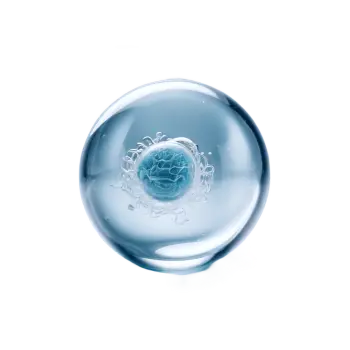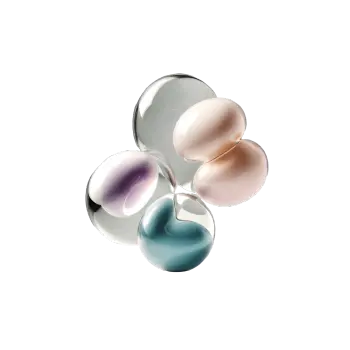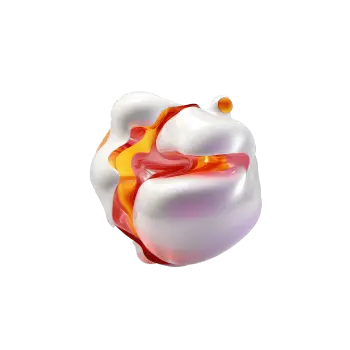Quick version
What is estrogen?
Many people think that estrogen is a single hormone, but in reality, it is an entire group of steroid hormones. These hormones play a crucial role in, among other things, the menstrual cycle and fertility, but also in bone density and cardiovascular health. The three most important forms of estrogen are:
- Estradiol (E2), which is the most potent estrogen in fertile women.
- Estriol (E3), the hormone that dominates during pregnancy.
- Estrone (E1), the most common form after menopause.
What is estradiol?
Estradiol is a hormone produced before menopause, primarily in the ovaries. The hormone is central to regulating the menstrual cycle, ovulation, and reproductive health. Estradiol also affects mucous membranes, the skin, bone strength, and emotional well-being.
The difference between estrogen and estradiol
The main difference is that estrogen is an entire hormone family, while estradiol is a specific member of that family – and the most significant during a woman’s fertile years. When people talk about “estrogen deficiency” or “high estrogen levels,” they usually refer to the level of estradiol.
When do estrogen and estradiol vary?
- Throughout the menstrual cycle: levels rise before ovulation and then drop again before menstruation.
- Menopause: estradiol production decreases, which can cause typical symptoms such as hot flashes.
- Pregnancy: estriol becomes dominant, but estradiol also rises significantly.
When and how is estradiol measured?
A blood test can be used to measure estradiol. This may be relevant in fertility problem investigations, suspected menopause and for monitoring ongoing hormone therapy.
Symptoms of altered levels
Changes in estradiol levels can cause various symptoms, including irregular or absent periods, hot flashes and sweating, mood swings, decreased sex drive, and in the long term osteoporosis.
When should you seek medical care?
Seek medical care if you experience:
- Absence of menstruation for several months without a known cause
- Sudden and severe menopause symptoms at a younger age
- Unexplained infertility or long-term difficulty conceiving
- Signs of osteoporosis or repeated fractures
Treatment and self-care
A healthy lifestyle can support hormone balance. Exercise regularly, eat a balanced diet, and avoid smoking. In cases of severe estrogen deficiency and/or disrupted ovulation, specialized medical care and hormone replacement may be necessary.


























